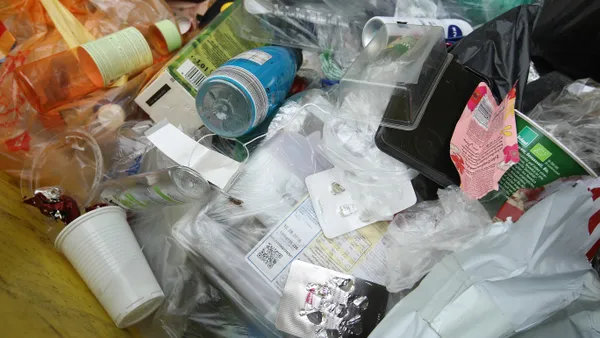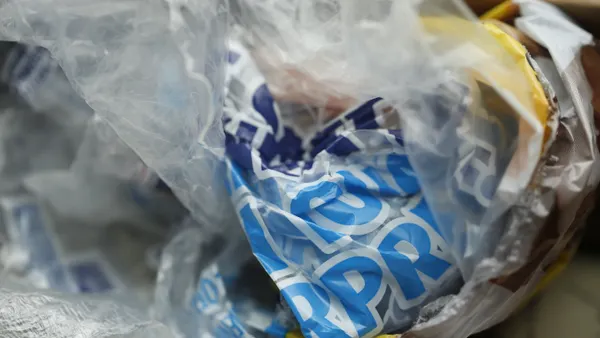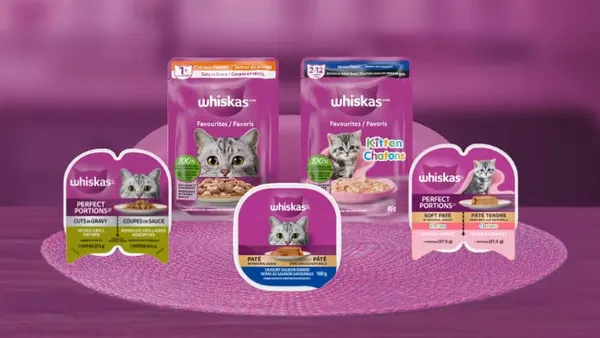Dive Brief:
- Jim "Homer" Holm, a veteran boat captain and founding director of Clean Oceans International, is bringing a small plastic-to-fuel conversion machine to Santa Cruz, CA next month for research and testing by Cabrillo College students.
- The PTF100 designed by Michigan-based EcoFuel Technologies weighs 500 pounds and can recycle 10 pounds of plastic into a gallon of clean, usable fuel each hour, 24 hours a day. EcoFuel CEO Swaminathan Ramesh said the machine, with additives, can make a final product this is similar to diesel fuel. The best plastics are milk and detergent jugs, grocery bags, food wrap, yogurt containers and shampoo bottles, and Styrofoam.
- The city of Santa Cruz is offering its plastic waste for the project, and superintendent of Waste Disposal Craig Pearson said the city is interested in an alternative to shipping plastics overseas or filling its landfill. Cabrillo College is also interested. "Depending on how good this machine is, if we can convert the plastics on our campus to fuel we can use the fuel to power the campus," said the school's David Schwartz, chair of geology, oceanography and environmental science.
Dive Insight:
Plastic pollution is a huge problem, with an estimated 5.25 trillion pieces floating in the world's oceans.
A recent analysis published by the Proceedings of the National Academy of Sciences found that nearly 90% of seabirds have plastic in their stomachs. Thousands of marine animals suffer from the hazards of plastic pollution through choking, intestinal blockage and starvation. Humans are also potentially exposed to cancers from consuming toxic chemicals in marine life.
The Ocean Conservancy in Washington this month released a report outlining land-based solutions for reducing plastic waste in the oceans by 45% by 2025, with the goal of eradicating it by 2035. The cost will be $5 billion a year, with "significant returns to the global economy," according to Recycling Today.
So Holm's efforts are more than welcome. He told the Sentinel he wold like to one day sail to remote Pacific islands with a plastic-to-fuel machine onboard so that coastal communities could bring their plastic out and try the machine. "What’s in it for me? Clean oceans are in it for me," he said.









